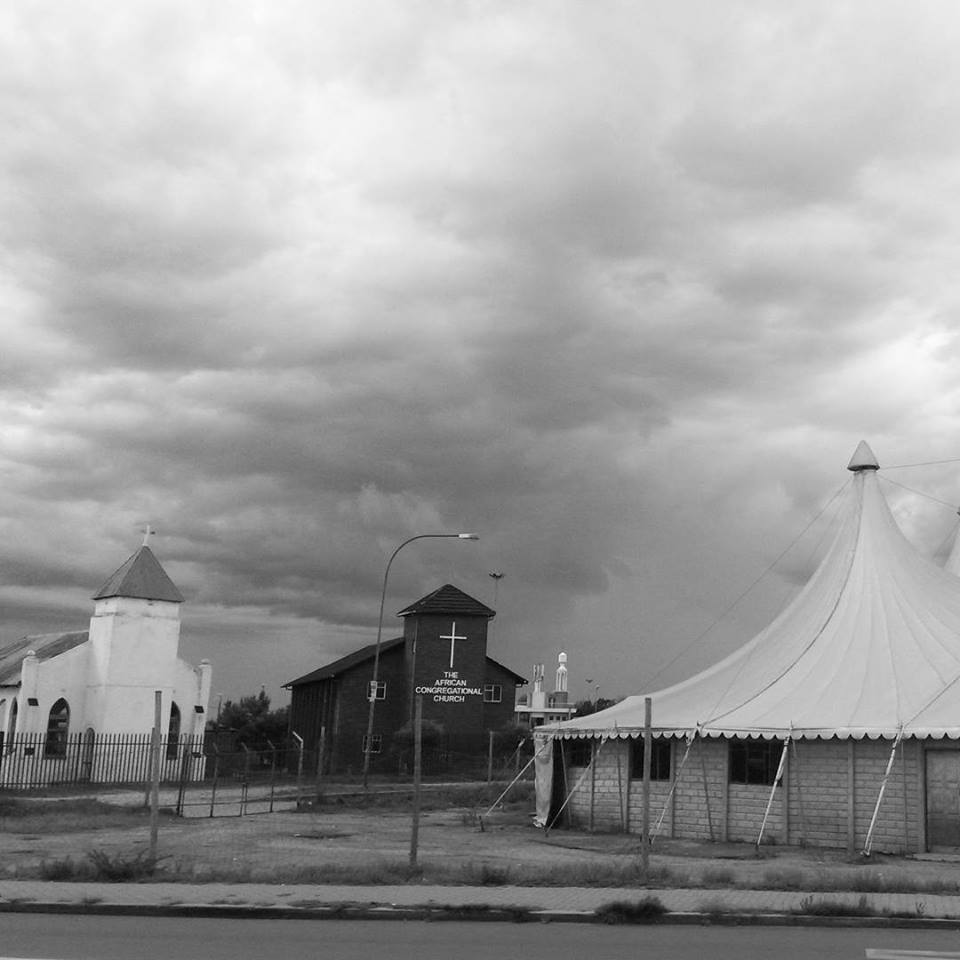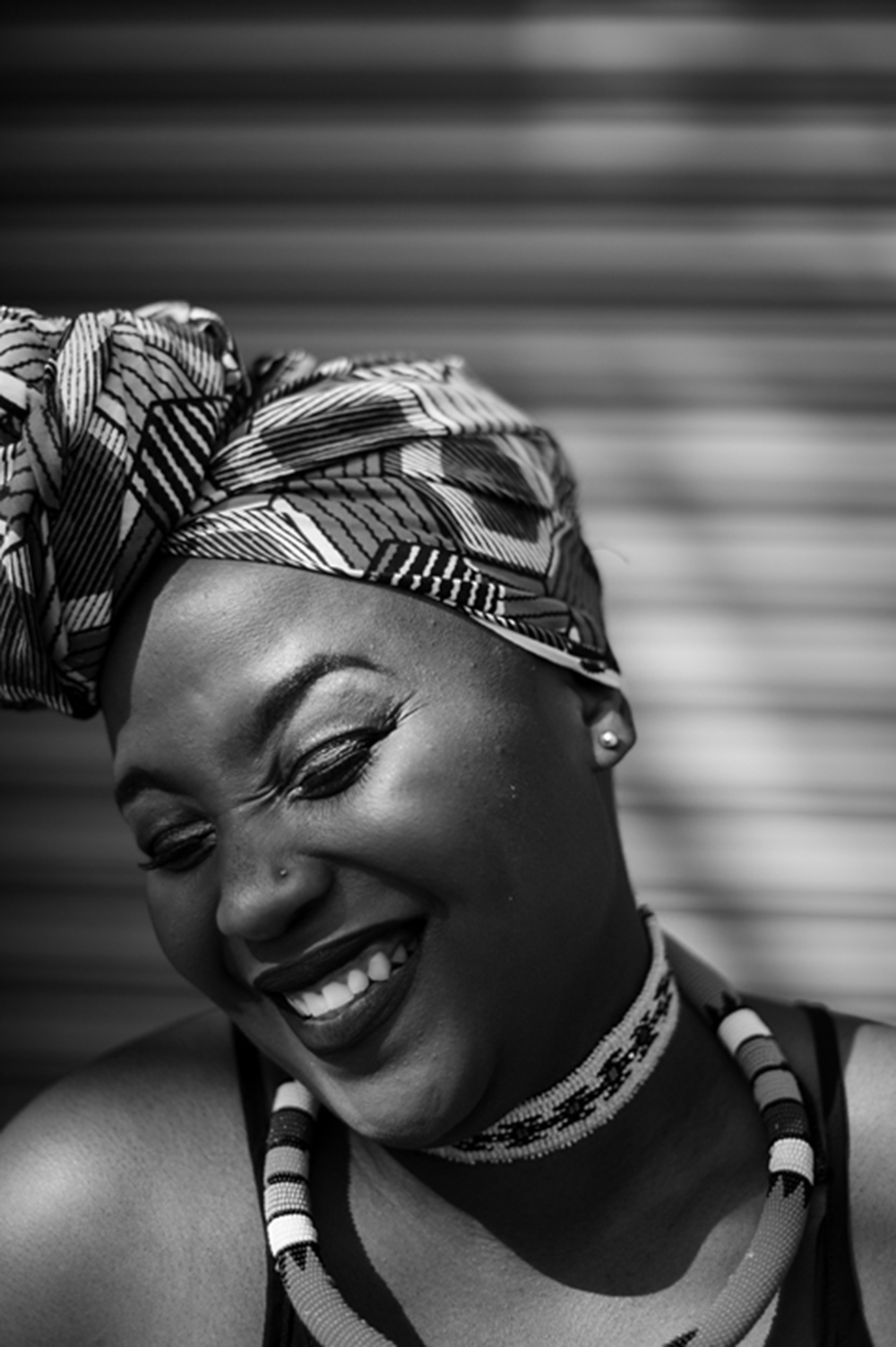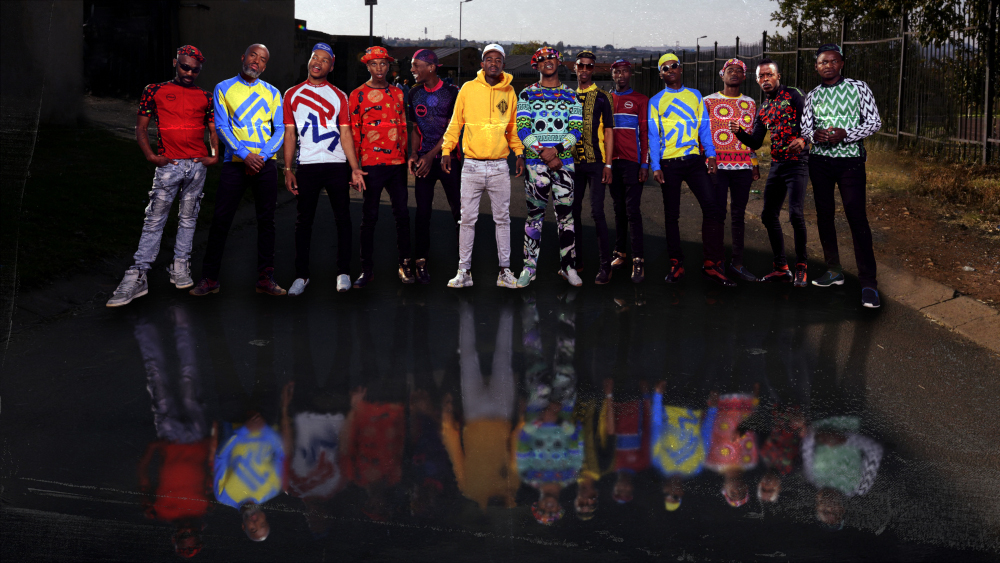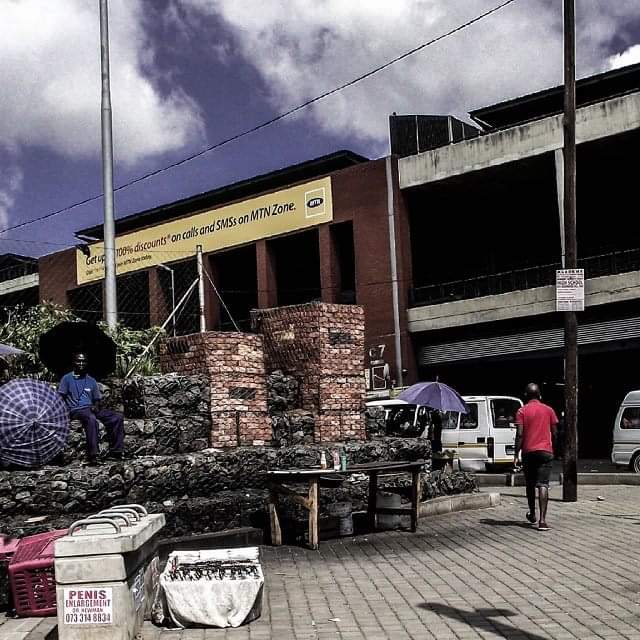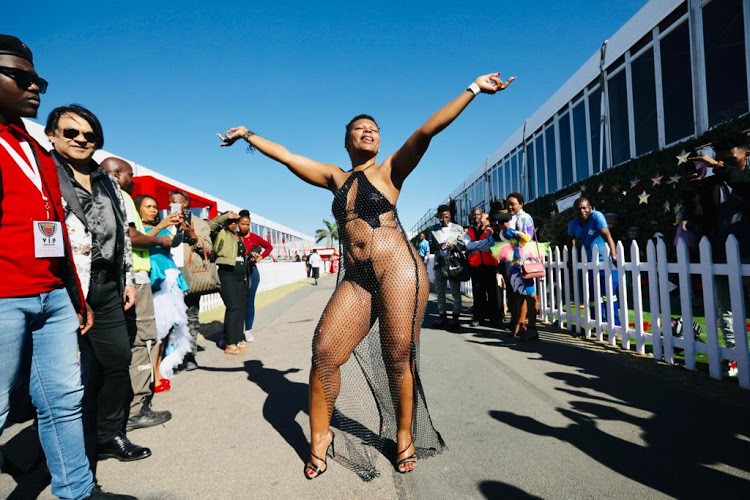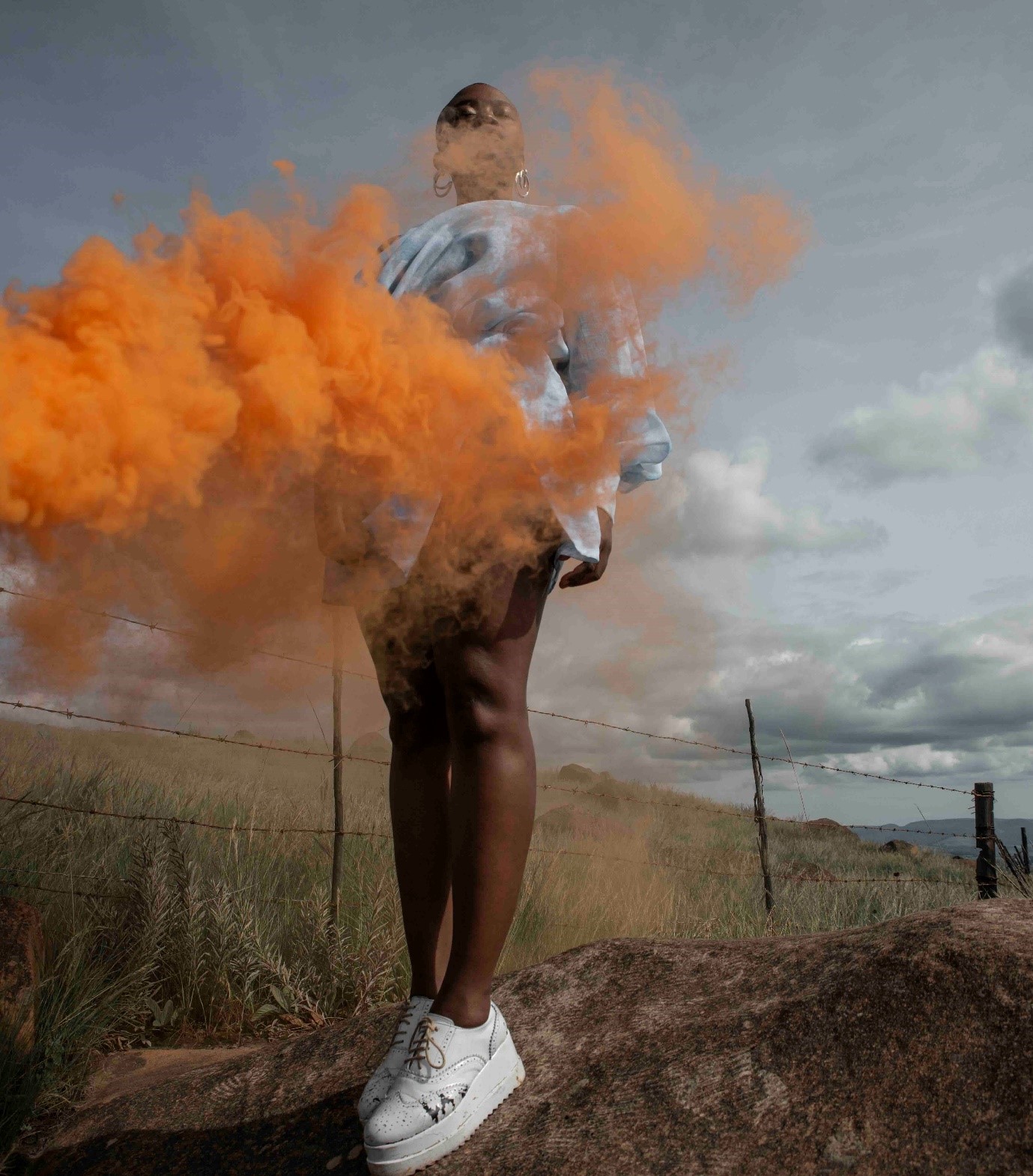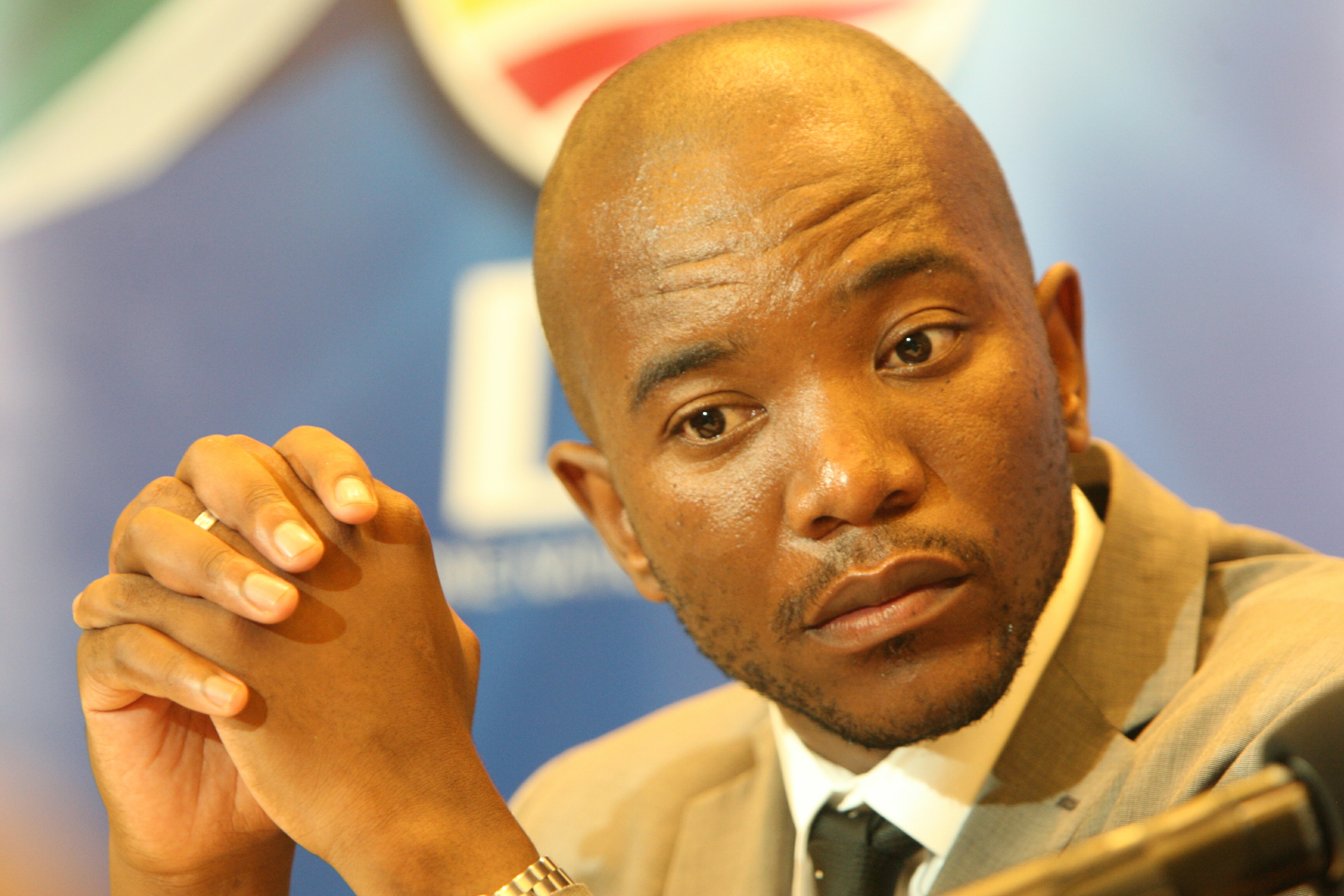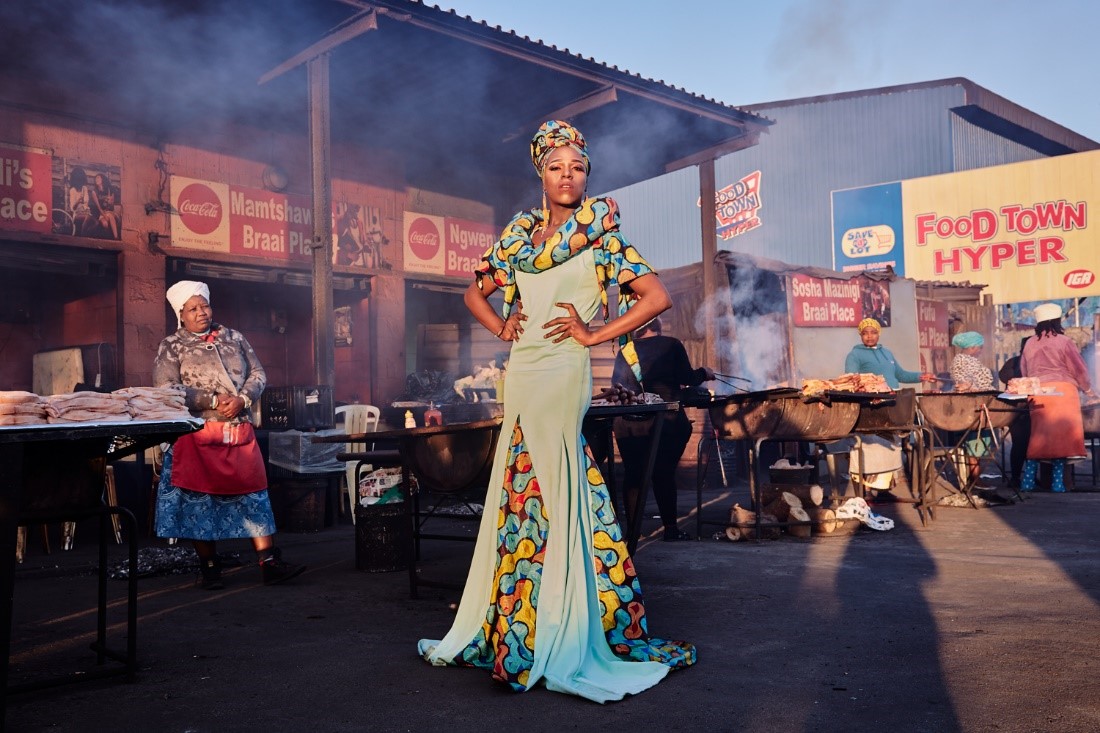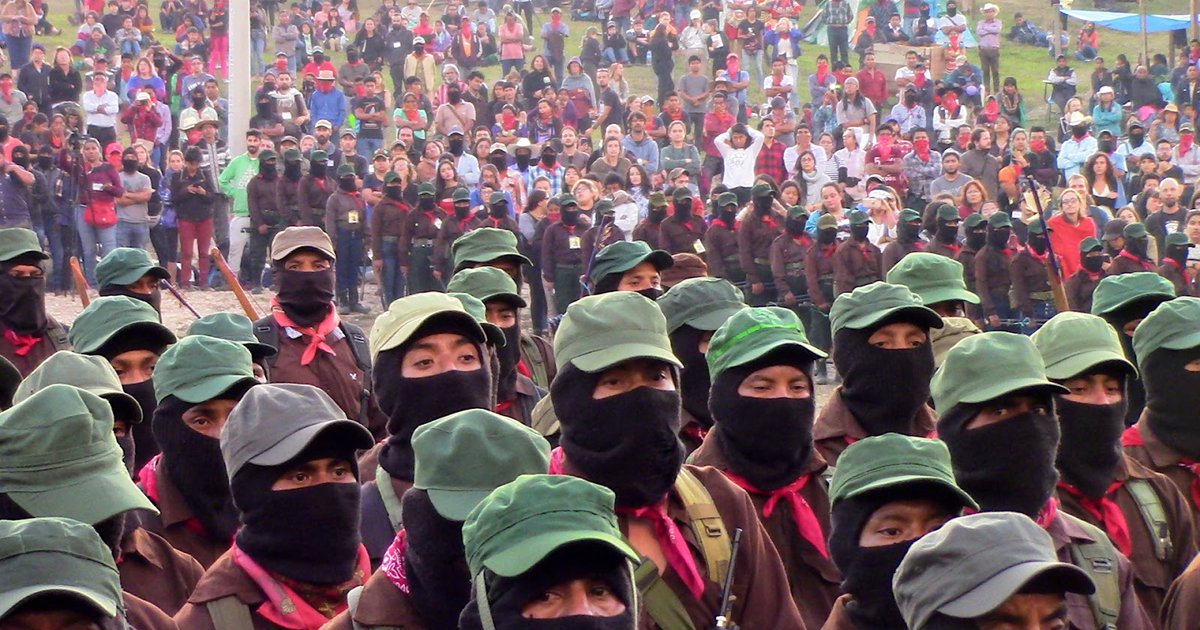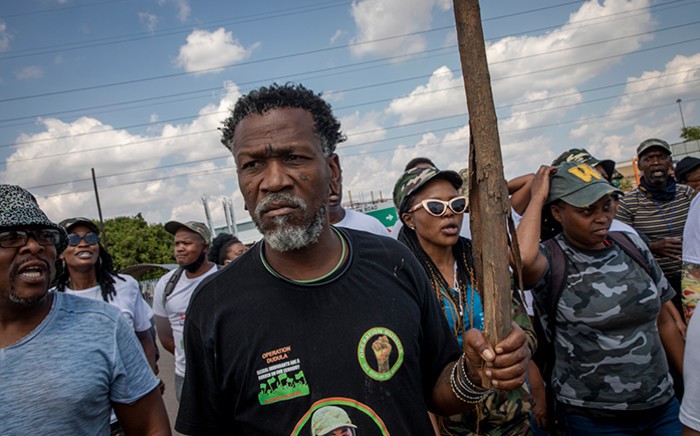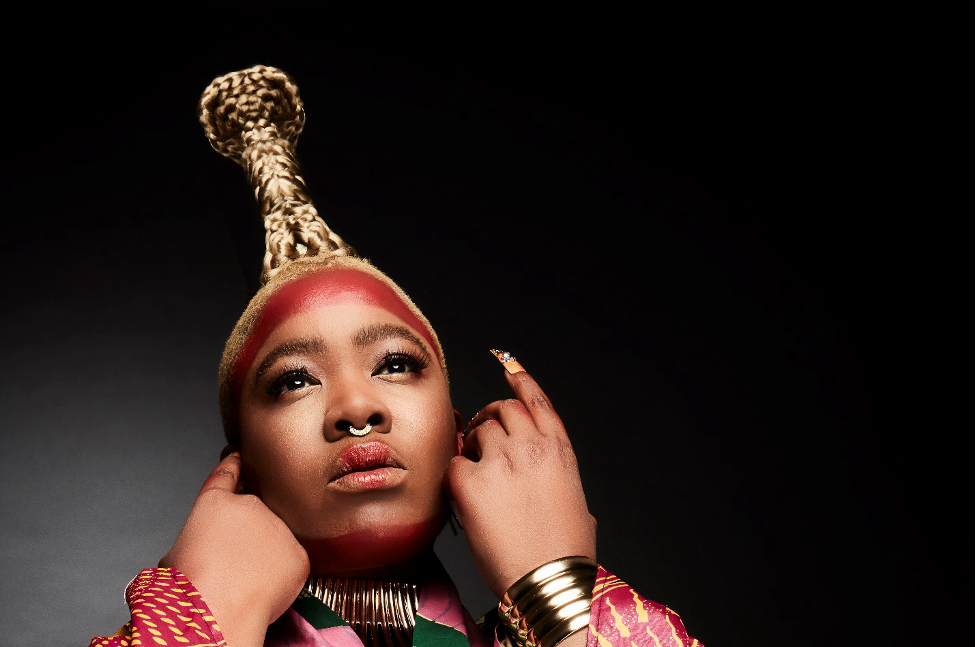Beyond the crime, unemployment and lack of resources the hood raises us for community. Many mornings my mother would send me to one of the many houses in our street to ask for anything from R10 for transport to those massive enamel dishes for umsebenzi… I never came back empty handed.
Our schools like our churches are community halls, refugee centres, spaces for expression and discovery. Neighbourhoods aren’t just streams of houses along the road, neighbourhoods are made up of stokvels freeing our mothers from debt and they’re made up of armies of fathers and brothers. Neighbourhoods are the concentration of our grandmother’s prayers and the unfulfilled dreams of uncles and aunts.
In my particular hood funerals always remind me just how central community is for black people. Upon the news that someone has died, one child from our street will be handed a bell to ring as he walks up and down the street, ringing the bell and explaining to inquiring neighbours, who stand at their gates, who has passed on. Once everyone knows, each family in the street sends a child with a donation to the street collections committee (I don’t think that’s what they’re called though) and a collective street contribution will be sent to the bereaved family.
Leading up to the funeral my mother often rushes home, puts on a skirt and iqhiya to show her respect and almost immediately dashes out the door leaving a trail of the words: ke lo tshidisa (I’m going to comfort). Once she arrives at the bereaved home grief is personified by a lone body sitting on a mattress, around the mattress occupier will be church folk and community members singing, offering distraction, condolences, money, baked goods, time and whatever else they can.
Then on the eve of the funeral men from the community will come in their overalls and sharpened knives to help sacrifice an offering for the deceased, the women will peel, cook, make tea and bake, while the children run around offering some kind of solace that life truly does go on. And of course the church folk…the church will allow for grief and gratitude to co-exist, they will reincarnate the dead with praises and sing a song that comforts and endures the night.
For all their sombreness, funerals reflect more poignantly what community means in black spaces. It means ride or die, it means “I don’t have much but this is what I can give”, it means the whole is greater than the sum of its parts. Community in the hood is a kind of Ubuntu that you cannot commodify or perform.

